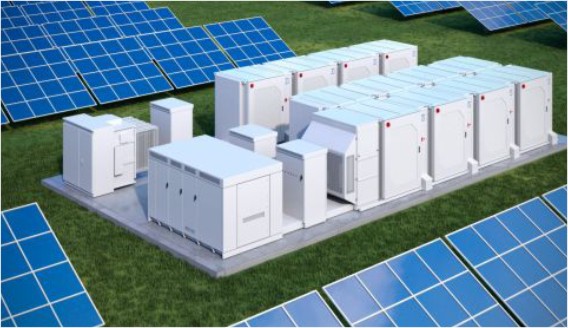
Nov , 08 2022
Grid stability, battery safety and blackout prevention Solar-storage solutions can act as sunshine insurance, allowing stored power to be dispensed when power demand is high (and accompanied by higher prices) and solar generation is low. Aided by these smart technologies, unified solar and storage can also help prevent blackouts, an issue seen from Australia to California, Lebanon to South Africa....
more
